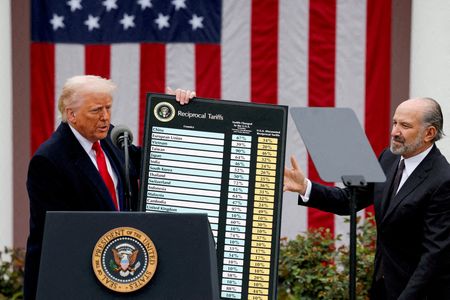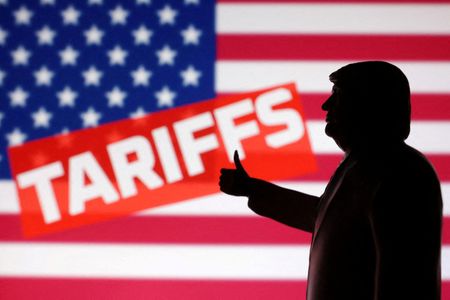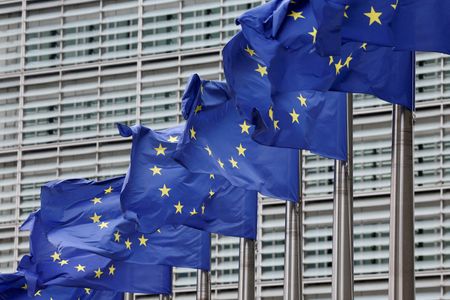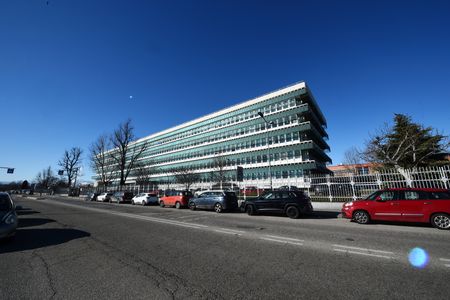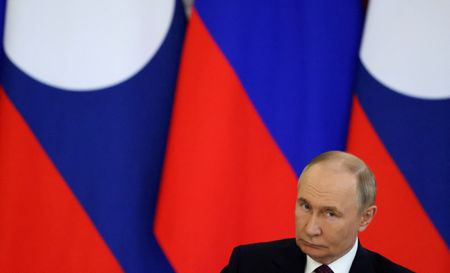August 1 (Reuters) -The twists and turns in U.S. President Donald Trump’s tariff policies have not only roiled global financial markets but also taken investors on a roller-coaster ride.
Adding to the uncertainty are tariff-related legal challenges and Trump’s assertion that he will hammer out bilateral deals with trade partners.
Last week, the U.S. struck a framework trade agreement with the European Union, halving the earlier threatened rate to a 15% import tariff on most EU goods and averting a bigger trade war between the two allies that account for almost a third of global trade.
Trump also imposed a 50% tariff on certain copper imports and suspended the “de minimis” exemption on low-value commercial shipments, the White House said.
On Friday, he sent letters to 17 pharmaceutical firms – including giants such as Eli Lilly, Pfizer, Novo Nordisk, J&J and Merck – asking them to cut drug prices for patients in the United States, following up on the earlier executive order aimed at aligning pharma prices with other countries.
With a blitz of tariff announcements on dozens of trading partners including changes to previously threatened levies on imports from Canada, Brazil, India, Taiwan and Switzerland, Trump is pressing on in his bid to reshape global trade as the 12:01 a.m. EDT (0401 GMT), August 1 deadline for finalizing deals passes.
Here is a timeline for key upcoming events and dates that could have a bearing on U.S. tariff policy:
August 8:
Trump’s order on “reciprocal” tariffs for exports from 69 trading partners lists higher import duty rates of 10% to 41% starting in seven days.
He said the United States would start imposing tariffs and other measures on Russia if Moscow showed no progress toward ending its war in Ukraine.
August 12:
Trump will decide whether to extend a trade truce with China that expires on August 12, or potentially let tariffs shoot back up to triple-digit figures, escalating a trade war between the world’s two biggest economies that threatens global growth.
August 29:
Under an executive order suspending the “de minimis” exemption, packages valued at or under $800 sent to the U.S. outside of the international postal network will face “all applicable duties” from this date.
September 29:
Drugmakers have until September 29 to respond with binding commitments on lowering prices of their medicines in the U.S.
(Reporting by Aatreyee Dasgupta, Sameer Manekar and Abhinav Parmar in Bengaluru; editing by Arpan Varghese, Anil D’Silva, Shinjini Ganguli, Maju Samuel and Pooja Desai)

